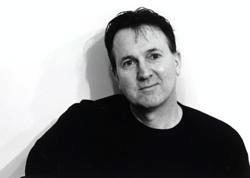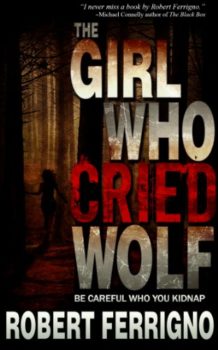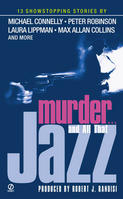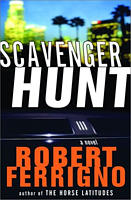Robert Ferrigno

I was born in South Florida, a tropical backwater rife with mosquitoes, flying cockroaches and the sweet stink of life. My youth was spent stealing science-fiction paperbacks from the local mini-mart and cutting tunnels through the palmetto thickets behind my house with a machete. Later, I regularly burned down those palmettos for the pleasure of seeing the fire trucks arrive, sirens blaring.
After earning degrees in Philosophy, Film-Making and Creative Writing, I thought that I would be happy as a college professor, writing dense, literary novels which I would assign to my students. I found, however, that being a professor was mostly a matter of going to meetings, and that I hated reading, let alone writing dense, literary novels. Instead, I went back to my first love, poker.
The next five years I gambled full-time, living in a high-crime area populated by starving artists, alcoholics, and drug dealers, likeable sleazballs who would later populate my novels. After a time, I got restless and used some of my winnings to start a punk rock magazine called The Rocket, where I interviewed the Clash, Elvis Costello, Iggy Pop, etc. The success of The Rocket got me a job as a feature writer for a daily newspaper in Southern California, where I took the adventure-and-new-money beat.
Over the next seven years I flew jets with the Blue Angels, drove Ferraris and went for desert survival training with gun nuts. More importantly, the newspaper taught me to train my eye and ear, to observe, to research, and how to use direct, concise language to create a character, and set a scene. The newspaper was a great gig but I wanted to write novels. I quit my day job.
My first novel, THE HORSE LATITUDES, (1991) was called the fiction debut of the season by Time magazine. It was, however, only May. Since then I have written eleven more novels, the most recent of which is THE GIRL WHO CRIED WOLF, an ebook-only. My work has been described by the Washington Post as “Quentin Tarantino territory, with drugged-out and sometimes violent people in search of sensory overload, but what makes it all not just bearable, but often compelling, is Ferrigno’s scorching wit and his relentless moral sense.”
Everything has turned out better than I expected.






